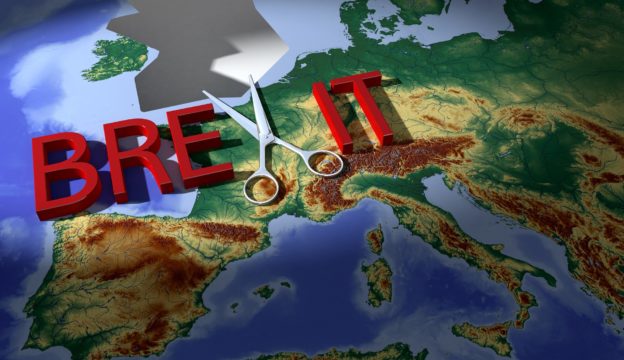As a reminder, the United Kingdom left the European Union on January 31, 2020. The withdrawal agreement between the EU and the United Kingdom provided for a transitional period ensuring that EU law will continue to be ‘apply in the United Kingdom from 1 February 2020 to 31 December 2020. This transition period can no longer be extended.
At the end of the transitional period, the United Kingdom will leave the internal market and the customs union, thus putting an end to the free movement of people, goods and services. Similarly, the United Kingdom will no longer participate in the EU VAT and excise area, or in EU policies and programs, and will no longer benefit from international agreements concluded by the EU.
To this end, the European Commission has adopted a Communication to help national authorities, businesses and citizens to prepare for future changes that will occur at the end of the transition period. Cross-border trade between the EU and the UK will change as of January 1, 2021, whether or not an agreement on a future partnership has been reached.
The Communication “Getting ready for changes” presents, sector by sector, the main areas that will be affected by these changes, regardless of the outcome of the current negotiations between the EU and the United Kingdom, and outlines the measures that national authorities, businesses and citizens should take steps to prepare for it. These measures complement the actions carried out at national level.
Thus, in the area of trade in goods and customs law, the communication recalls the following rules which will be applicable from 1 January 2021:
1. Customs formalities and controls: the United Kingdom will no longer be part of the EU customs union. Consequently, the customs formalities required by Union law will apply to all goods entering the customs territory of the Union from the United Kingdom or leaving this customs territory for the United Kingdom. This will happen even if an ambitious free trade area is established with the UK, providing for tariffs and zero quotas on goods, with customs and regulatory cooperation.
2. Customs and tax rules for the import and export of goods (tariffs, VAT, excise): the origin of the goods exchanged must be demonstrated in order to be able to benefit from preferential treatment in the context of a possible future EU-UK agreement. Goods that do not meet the original requirements will be subject to customs duties even if a zero-tariff, zero-quota EU-UK trade agreement is in place.
In addition, VAT will be payable on the import of goods imported from the United Kingdom into the fiscal territory of the Union, at the rate applicable to deliveries of the same goods in the Union. Goods exported from the Union to the United Kingdom will be exempt from VAT if they are dispatched or transported to the United Kingdom, as would be the case for any other destination outside the European Union. In such situations, the supplier of the exported goods must be able to prove that the goods have left the Union.
As with any import from third countries into the Union, excise duties on excisable products (alcoholic beverages, tobacco products, etc.) will be due on import into the Union and payable upon placing on the market.
In the future, imports from the United Kingdom may also be subject to anti-dumping, countervailing or safeguard measures as part of the European Union’s trade defense policy.
3. Certificates and product authorizations, establishment requirements, labeling and marking: the Union and the United Kingdom will be two separate regulatory and legal areas. This means that all products exported from the Union to the United Kingdom (and vice versa) will have to comply with the applicable rules and standards and will be subject to all regulatory compliance checks applicable to imports for safety, health purposes and for other public policy purposes (e.g. chemicals).
Finally, at the same time, the European Commission is currently reviewing and, if necessary, updating all of the 102 communications that were published during the withdrawal negotiations, many of which remain relevant for the end of the transition period. The list of more than 50 updated communications appears in the annex to the communication and are all available on the Commission’s web page devoted to this subject.
UK and European operators who have not yet examined their situation, will have to use the few remaining months to develop and review their business operations.
***
DS Avocats Customs and International Trade team is at your disposal to provide you with any additional information.
CONTACT US:

